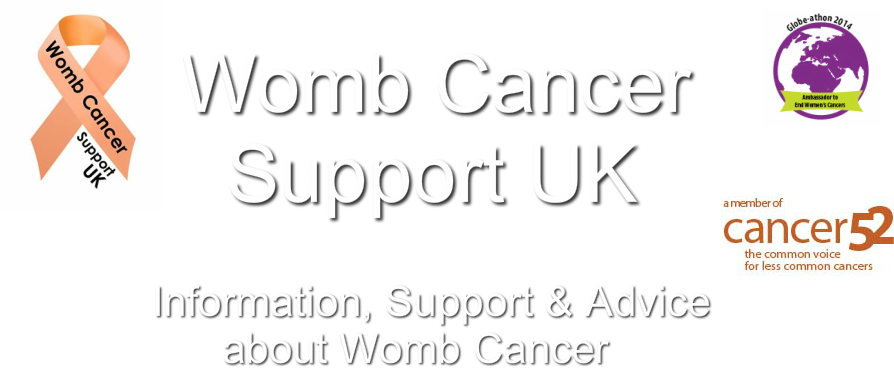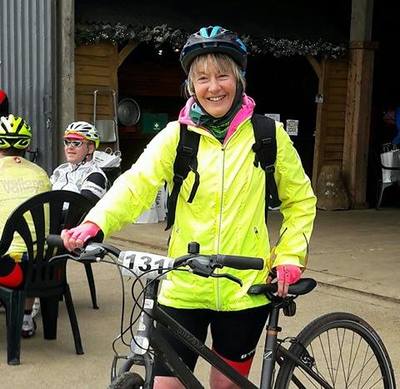The lack of awareness about womb cancer is shocking even though it is the most common of the gynaecological cancers and the 4th most common cancer to affect women in UK.
When I was diagnosed with womb cancer at the very end of 2009 (2 days before Xmas!!) I had never heard of it and sadly nothing much seems to have changed since then because neither have a lot of other women. Despite 26 women a day being diagnosed, (CRUK 2014) there is no national awareness campaign for it.
More women are diagnosed with womb cancer than either cervical or ovarian cancer – yet most women have heard of them. Why is this? It’s not like it’s a rare cancer like vulval cancer which affects around 1,300 women a year. We are talking over 9,300 women (CRUK 2014) diagnosed with a cancer that many have never heard of.
Womb Cancer Support UK raises awareness of womb cancer day in and day out, every week of the year and throughout September, which is womb cancer awareness month, we work extra hard to spread the word about the signs and symptoms to look out for.
Myself and some other ladies are doing what we can on social media to help raise awareness of the symptoms of womb cancer so that hopefully we can prevent other women having to go through what we have gone through.
I recently found out that one of these lovely ladies is being criticised for posting about this issue on her own FB page and I find this extremely hurtful, not only to her but me too.
Cancer can often be a life changing event and many of us have to live with the long term consequences of treatment. Sadly there are some people who assume that just because you may not need any further treatment after a hysterectomy, that you can move on and “get over it”.
This kind of attitude only shows their ignorance and does nothing to help a woman who is now facing sudden menopause and all the issues that brings with it, plus the fact that if she was below 40 when she was diagnosed she may well have lost the chance of becoming a mum as cancer will have robbed her of the opportunity of ever becoming pregnant.
There are so many emotional and psychological side effects to a cancer diagnosis and we are trying our hardest to raise awareness and offer support to those who find themselves in the same position as we were when we heard those dreaded words “I’m sorry but you have cancer”.
So, the awareness will not stop. We will continue to do all we can to raise much needed awareness and also support those women who have been diagnosed.
Kaz xx




 RSS Feed
RSS Feed
